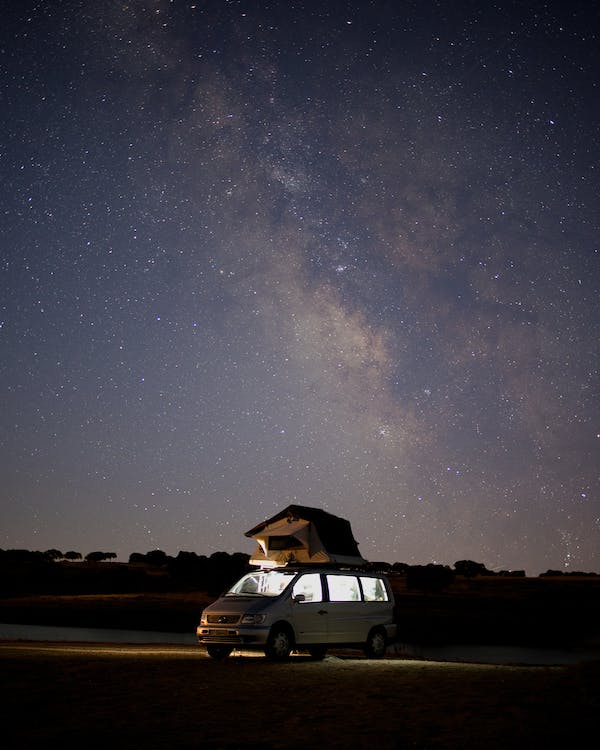Tent locks play a crucial role in securing your outdoor shelter, providing peace of mind and protection for both you and your belongings. Whether you’re camping in the wilderness or attending a festival, ensuring the security of your tent is paramount. In this article, we’ll explore the importance of tent lock different types available, factors to consider when choosing one, tips for effective use, best practices for tent security, and common misconceptions.
1. Introduction to Tent Locks
When embarking on outdoor adventures, keeping your belongings safe is essential. Tent locks serve as a deterrent to theft and unauthorized access, safeguarding your valuables and ensuring your privacy.
2. Importance of Tent Security
Theft at campsites is not uncommon, and tents are vulnerable targets. Without proper security measures, valuable items like electronics, camping gear, and personal belongings are at risk. A sturdy tent lock acts as the first line of defense against theft and intrusion, providing a sense of security while you’re away from your campsite.
3. Types of Tent Locks
Tent locks come in various types to suit different security needs and preferences:
- Combination Locks: These locks require a preset numeric code to unlock, eliminating the need for keys.
- Keyed Locks: Similar to traditional padlocks, keyed locks require a specific key for opening and closing.
- Cable Locks: Flexible and versatile, cable locks secure tents by looping around zippers, poles, or other anchor points.
- RFID Locks: Advanced technology allows RFID locks to be unlocked using radio-frequency identification, offering convenience and enhanced security.
4. Factors to Consider When Choosing a Tent Lock
When selecting a tent lock, consider the following factors to ensure optimal security and functionality:
- Durability: Choose a lock made from robust materials that can withstand outdoor conditions.
- Weather Resistance: Opt for weatherproof locks to prevent rust and corrosion in challenging environments.
- Portability: Lightweight and compact locks are ideal for travel and outdoor activities.
- Ease of Use: Select locks that are easy to operate, especially in low-light or adverse weather conditions.
5. Tips for Using Tent Locks Effectively
To maximize the effectiveness of your tent lock:
- Proper Installation: Follow manufacturer instructions for secure attachment to your tent.
- Regular Maintenance: Keep locks clean and lubricated for smooth operation and longevity.
- Storing Safely: Store keys or access codes securely and out of sight when not in use.
6. Best Practices for Tent Security
In addition to using a tent lock, implement the following best practices to enhance tent security:
- Choosing Secure Campsites: Select campsites with designated tent areas and security patrols.
- Utilizing Additional Security Measures: Use tarps, gear lofts, or mesh bags to conceal belongings and deter theft.
- Keeping Valuables Secure: Avoid leaving valuable items unattended in your tent and consider using lockboxes or hidden compartments for extra protection.
7. Examples of Tent Locks in Action
Many outdoor enthusiasts rely on tent locks to protect their gear and maintain peace of mind during their adventures. From tent lock remote wilderness campsites to crowded music festivals, tent locks offer reliable security wherever you roam.
8. Common Misconceptions About Tent Locks
Dispelling common myths about tent locks:
- “Tent locks aren’t necessary.” While some may feel secure without locks, they provide an added layer of protection against opportunistic theft.
- “Any lock will do.” Not all locks are created equal; choosing a quality lock designed for outdoor use is essential.
- “Tent locks are too expensive.” With a wide range of affordable options available, there’s a tent lock to fit every budget.
Conclusion
Tent locks are indispensable tools for outdoor enthusiasts seeking to protect their belongings and ensure peace of mind while camping or attending events. By choosing the right lock, implementing best practices, and dispelling common misconceptions, campers can enjoy their outdoor adventures with confidence.
FAQs About Tent Locks
- Q: Are tent locks waterproof?
- A: Some tent locks are designed to be weatherproof, but it’s essential to check the specifications of each lock for waterproofing capabilities.
- Q: Can tent locks be cut easily?
- A: High-quality tent locks are made from durable materials that resist cutting, but no lock is entirely impervious to tampering.
- Q: Are combination locks better than keyed locks for tents?
- A: It depends on personal preference and security needs; both types of locks have their advantages and drawbacks.
- Q: Can I use a bike lock for my tent?
- A: While bike locks offer a level of security, they may not be the most practical option for securing tents due to their size and design.
- Q: How can I prevent theft while camping?
- A: In addition to using tent locks, store valuables out of sight, choose secure campsites, and consider utilizing additional security measures like padlocks and gear organizers.


